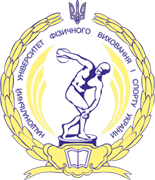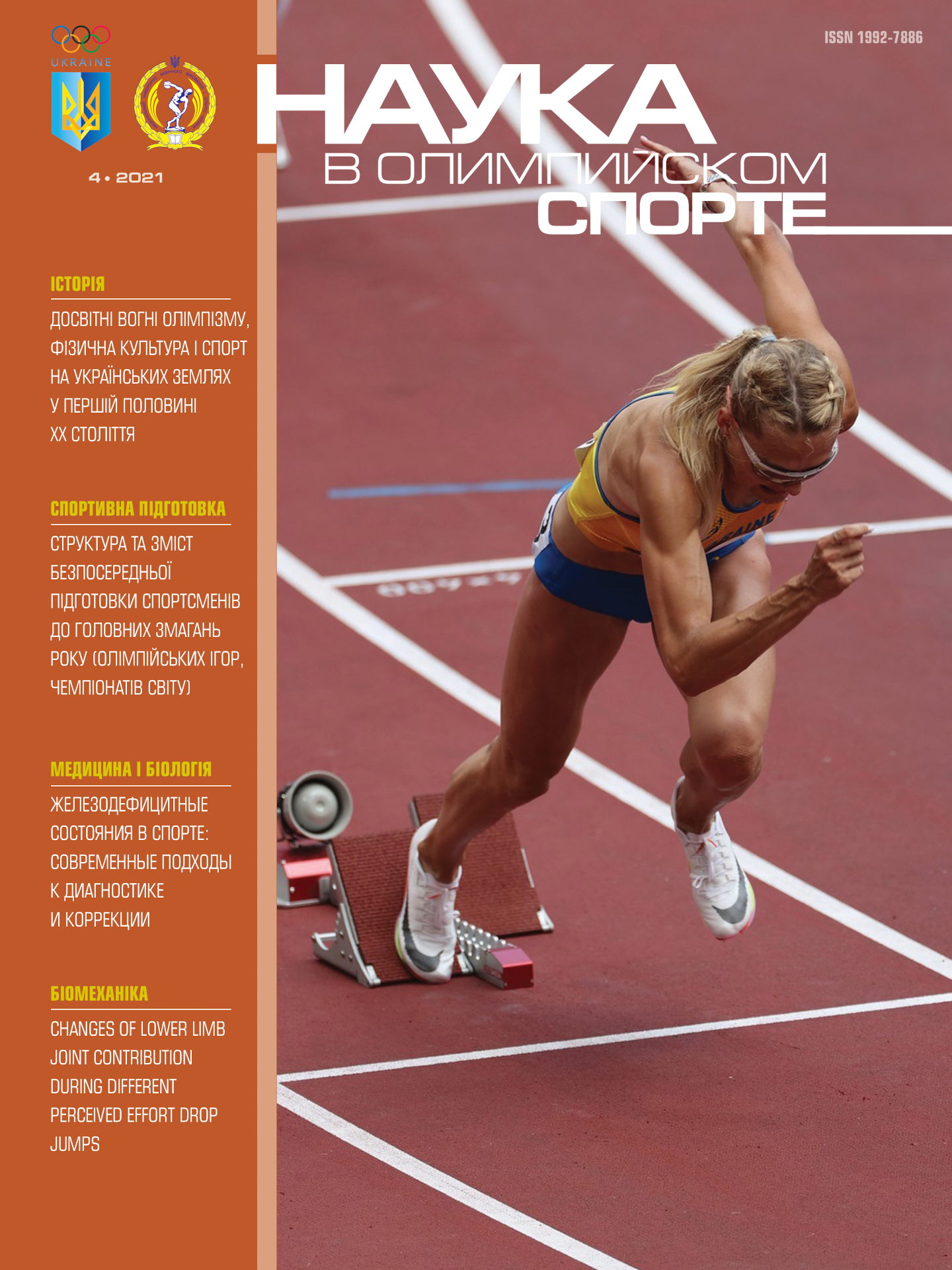Abstract:
Objective. To determine the place of sports training centers in the modern system of athletes’ preparation and characterize their structure and functioning in different countries.
Methods. Analysis and generalization of data from scientific sources on the creation of sports training centers in high-ranking countries in the unofficial Olympic team standings.
Results. Sports training centers are considered as the basic organizational structure of the system of elite athlete preparation support. Much attention is paid to the optimization of the network of training centers in national sports infrastructures in order to create a favorable environment for training athletes with account for the resources available in the countries (financial, logistical, human resources, etc.). Most training centers are designed for several sports events, which allows more teams and athletes to be involved in the cooperative and collective use of the concentrated potential of organizations involved in sports preparation provision.
Conclusions. At the present stage of the Olympic sport, the requirements for the organization of centralized training of athletes as a continuous, strictly managed process have increased significantly. The experience of the Soviet system of sports training on the creation of favorable conditions for the training process, recreation of athletes, measures on medical and scientific and methodological support in sports training centers has been further developed in countries with high sports achievements at the recent Olympic Games. The development of modern sports training centers is characterized by a comprehensive approach: servicing all participants of centralized training with the cooperation of organizations capable of providing training, service, medical, scientific, educational, information, logistical or administrative-economic services in the required quantity and proper quality.
Аннотация:
Представлены структура и функционирование спортивных тренировочных центров в системе подготовки спортсменов в странах, занимающих высокие места в неофициальном командном зачете на Олимпийских играх.













